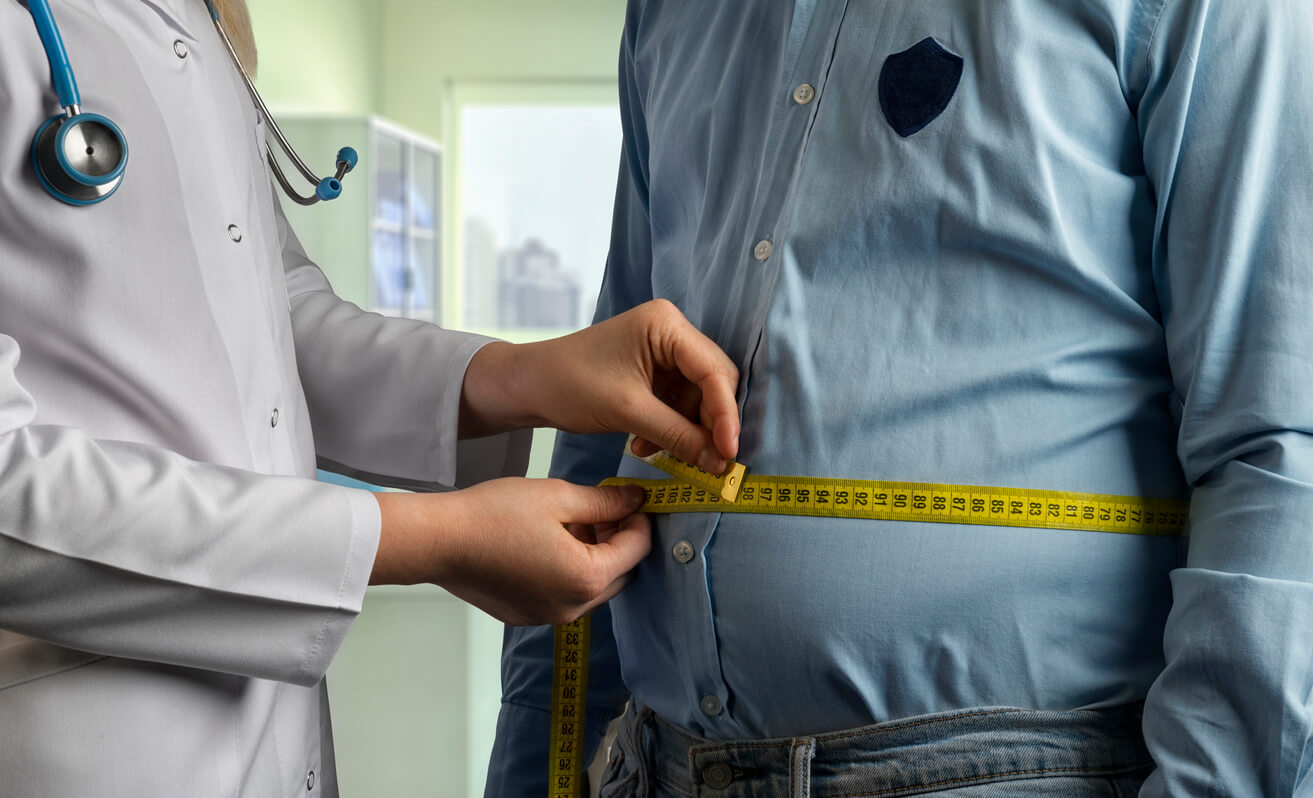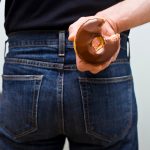Not losing weight? Suffer from cramps? Bloating? It could be because you’re not chewing your food enough!
Chances are you have spent little to no time thinking about how many times you chew each piece of food you put in your mouth.
But you should.
It could be the biggest difference maker in helping you lose weight, not to mention it might be the answer to your digestion issues—bloating, cramping, diarrhea and constipation—as well as to your habit of chronic overeating. More on that later…
How do you know if you’re chewing enough?
Basically, you should chew until your mouthful of food is almost liquified and has lost its original texture, and then finish swallowing completely before you take another bite of food.
If you need a ton of water to help you swallow, you’re probably not chewing enough.
Generally speaking, you should be chewing 30-plus times per bite.
Let’s take a closer look at digestion:
Digestion doesn’t start in the stomach: It starts in the mouth. Salivary amylase, an enzyme in your saliva, starts breaking down starch in your mouth. And the more you chew your food, the more your food gets exposure to this enzyme, which, of course, helps in starting the digestion process off right.
Breaking your food into small pieces by chewing it 30-plus times makes it more manageable for your body to process, and also makes it easier for you to absorb all the nutrients from your food. And when you body is absorbing nutrients more efficiently, you’re more likely to lose weight, or at least maintain a healthy weight.
This study from the University of California Davis (http://ucce.ucdavis.edu/files/datastore/608-11.pdf) discovered that when people chewed almonds longer, they were absorbed faster by the body. Pretty fascinating.
And this Chinese study (https://academic.oup.com/ajcn/article/94/3/709/4411851) found that chewing more led to weight loss and an increase of energy.
The study looked at 30 young men, 14 of whom were obese and 16 were considered skinny. The first observation the researchers made was that the obese men tended to ingest their food faster and chewed it less than the skinny men.
After this was noted, the obese men were fed a high carbohydrate meal and asked them to chew their food either 15 or 40 times per bite. The researchers found when they chewed more, they actually ingested 12 percent less calories.
What what? How is this even possible?
The researchers believe chewing more leads to lower levels of the hormone ghrelin, and higher levels of the appetite-suppressing hormone called cholecystokinin. Together, these hormones tell the brain when to start and stop eating. So basically chewing more creates a hormonal response in your body that stops you from eating when you’re full, helping you maintain a healthy weight.
Also: When you chew your food more, less bacteria reaches your intestines because your food is more digested by the time it reaches the intestines. If you don’t chew enough, on the other hand, the somewhat undigested food (and more bacteria) enters the intestines, which can lead to gas, bloating, diarrhea, constipation, cramping and abdominal pain.
One more thing: Chewing more is also good for your teeth as it helps keep them strong, and the saliva you produce from chewing also helps wash away bacteria so there’s less plaque build-up and tooth decay.
One last thing: If nothing else, chewing more and slowing down helps you enjoy and taste your food a whole lot more. So chew, chew, 30 times before swallowing….
Try it and report back what you experience.







